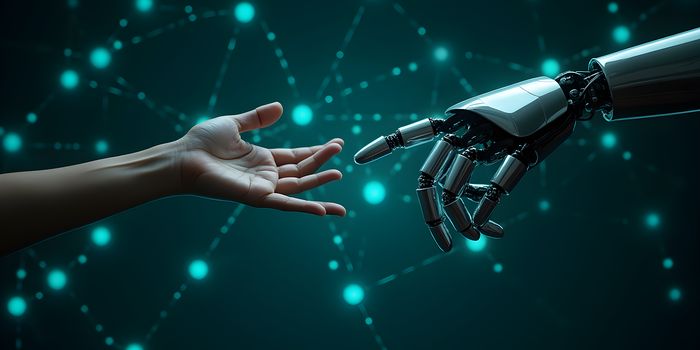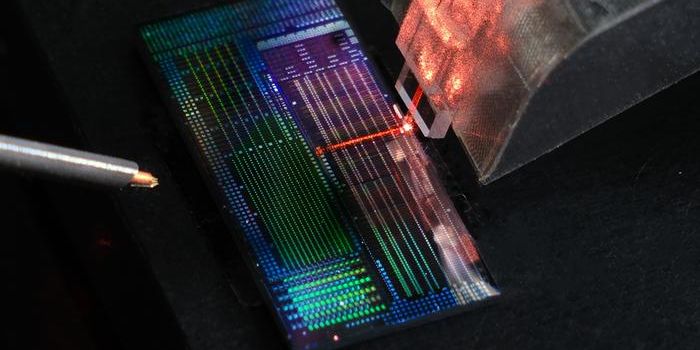Children Say Alexa is More Human-Like Than Roomba
How should humans treat robots, specifically artificial intelligence? This is what a team of researchers hope to answer as they conducted a psychological analysis between children ages four to eleven and the well-known household robots Alexa and Roomba to examine how the children treated the respective robotic helpers.
Credit: Veronique Koch, Duke University
Teresa Flanagan, who is a visiting PhD student in the Early Childhood Cognition Lab at Duke University, and lead author of the study, said the study was partially inspired by how she observed the depiction of human-robot interactions on TV, specifically HBO’s “Westworld”.
“In Westworld and the movie Ex Machina, we see how adults might interact with robots in these very cruel and horrible ways,” said Flanagan, a visiting scholar in the department of psychology & neuroscience at Duke. “But how would kids interact with them?”
For the study, the researchers asked 127 children between the ages of four to eleven who were visiting a science museum with their families to watch separate 20-second clips of Alexa and Roomba followed by answered a few questions about their thoughts on each robot.
The study’s findings revealed the children preferred Alexa over Roomba in terms of emotional and mental capabilities while noting they thought neither robot is ticklish nor could feel physical sensations like humans. They specifically noted that Alexa was able to think or get upset if someone got mad at it.
“Even without a body, young children think the Alexa has emotions and a mind,” Flanagan said. “And it’s not that they think every technology has emotions and minds -- they don’t think the Roomba does -- so it’s something special about the Alexa’s ability to communicate verbally.”
However, the researchers did discover moral differences between younger children and older children in the study.
“Four- and five-year-olds seem to think you don't have the freedom to make a moral violation, like attacking someone," Flanagan said. “But as they get older, they seem to think it's not great, but you do have the freedom to do it.”
This study helped recognize the ongoing relationship between humans and technology, specifically pertaining to how we treat artificial intelligence as it continues to become more and more a part of our everyday lives.
What new insights will scientists discover about human-robot relationships in the coming years and decades? Only time will tell, and this is why we science!
Sources: Developmental Psychology, Duke Today
As always, keep doing science & keep looking up!









